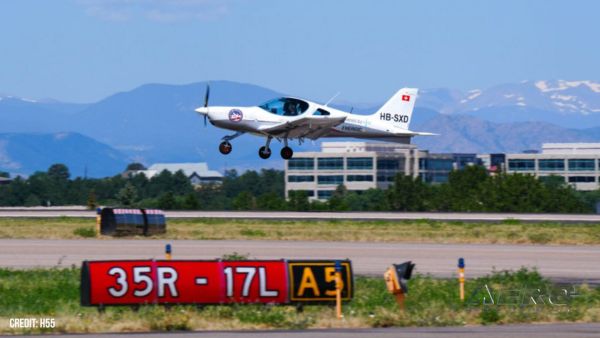Mon, May 18, 2015
Advertisement
More News
 ANN's Daily Aero-Term (07.15.25): Charted Visual Flight Procedure Approach
ANN's Daily Aero-Term (07.15.25): Charted Visual Flight Procedure Approach
Charted Visual Flight Procedure Approach An approach conducted while operating on an instrument flight rules (IFR) flight plan which authorizes the pilot of an aircraft to proceed >[...]
 Aero-News: Quote of the Day (07.15.25)
Aero-News: Quote of the Day (07.15.25)
“When l became the Secretary of Defense, I committed to rebuild our military to match threats to capabilities. Drones are the biggest battlefield innovation in a generation, >[...]
 ANN's Daily Aero-Linx (07.15.25)
ANN's Daily Aero-Linx (07.15.25)
Aero Linx: Stearman Restorers Association Welcome to the Stearman Restorers Association. The Stearman Restorers Association is an independent “Not for Profit” 501C-3 Co>[...]
 NTSB Final Report: Kjelsrud Gary Kitfox
NTSB Final Report: Kjelsrud Gary Kitfox
Airplane Exhibited A Partial Loss Of Engine Power When It Was About Halfway Down The Runway Analysis: The pilot of the experimental amateur-built airplane was departing from his pr>[...]
 NTSB Prelim: Cessna A150L
NTSB Prelim: Cessna A150L
The Flight Path Was Consistent With Low-Altitude Maneuvering On June 18, 2025, about 0922 mountain standard time, a Cessna A150L airplane, N6436F, was substantially damaged when it>[...]
blog comments powered by Disqus




